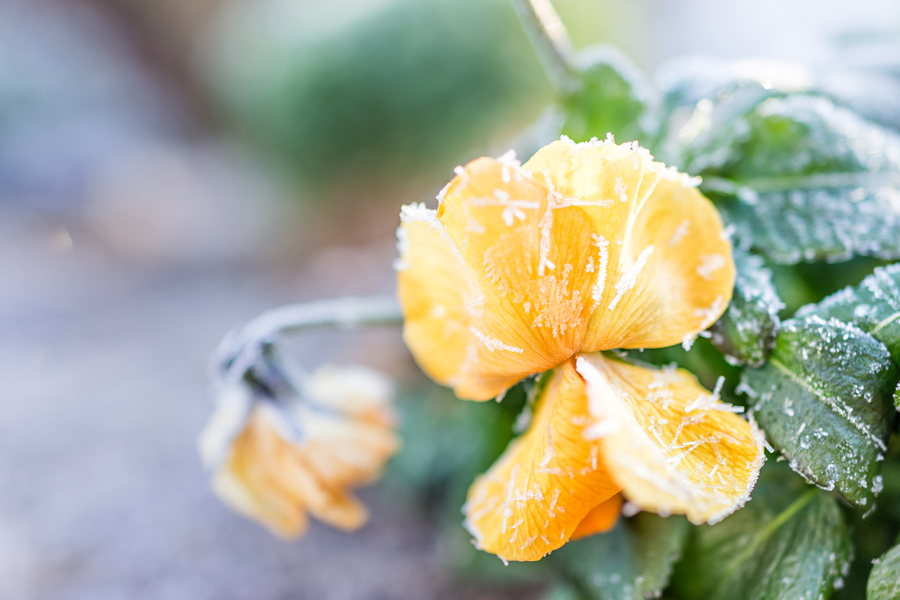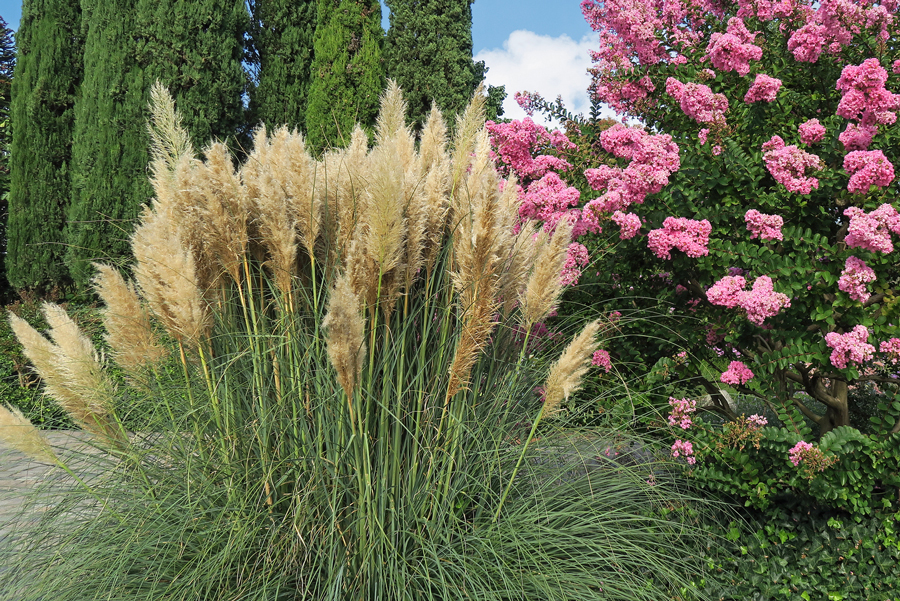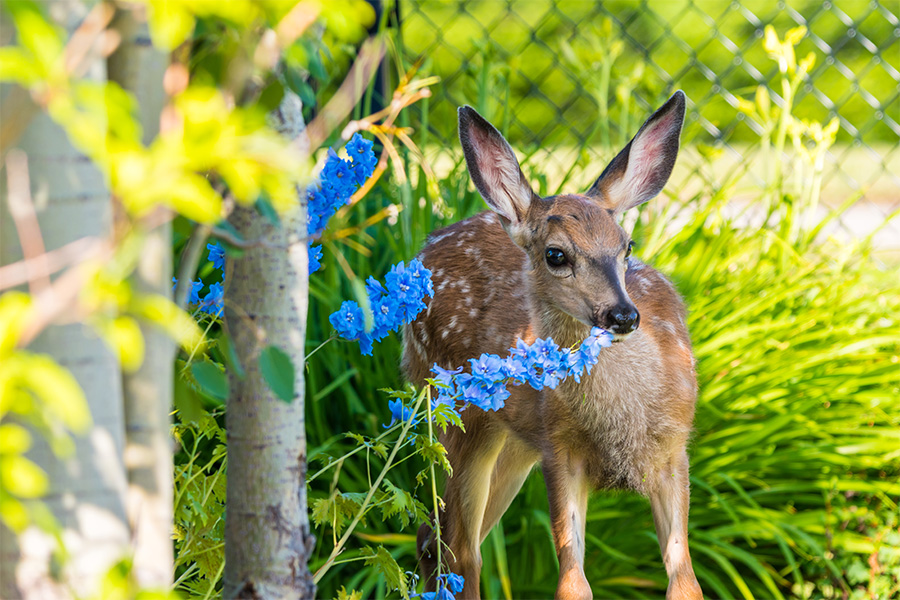Ornamental Horticulture
-

Cold damage to ornamental plants can be a problem during the winter in the Georgia landscape. Regardless of where you live, recommended practices can maximize the chances that your prized landscape plants will survive the winter.
Bob Westerfield
|
-

C 983
Pampas Grass
Pampas grass is a large perennial grass native to Brazil, Argentina, and Chile. Mature plants can reach 10 feet tall and 6 feet wide. In late summer, silvery-white plumes rise several feet above the foliage and make a bold, dramatic statement in the landscape.
Bodie V. Pennisi and Sheri Dorn
|
-

This publication includes three parts. Part 1 discusses stormwater as a pollution source for streams and water bodies, and provides a background on why rain gardens in our landscapes have great environmental value. Part 2 includes a thorough definition of rain gardens and their purpose, and gives step-by-step instructions on how to design a rain garden for a specific site. Part 3 discusses appropriate plants to use in rain gardens.
Bodie V. Pennisi and Rose Mary Seymour
|
-

Weed management is one of the most critical and costly aspects for container nursery production. High irrigation and fertilization rates create a favorable environment for weed growth in addition to crop growth. Weeds can quickly out-compete the crop for light and other resources, reducing the rate and amount of crop growth as well as salability. Weed management in nursery production is most effectively achieved by preventative practices, primarily with the use of pre-emergent herbicides. However, there are valid reasons for managing weeds using alternatives to synthetic herbicides. Weed management alternatives to synthetic herbicides include sanitation, exclusion, prevention, hand weeding, mulching and use of cover crops, heat and non-synthetic herbicides. Only some of these alternative methods can be used to control weeds in containers, but all can be used to manage weeds around containers and in non-crop
areas.Matthew Chappell
|
-

New ornamentals have long been considered the lifeblood of the green industry. This publication contains recommendations for best-performing new annuals based on research conducted at the Trial Gardens at the University of Georgia, showcasing the plants that were awarded the Classic City Award in 2016.
John M. Ruter and Bodie V. Pennisi
|
-

This resource lists several varieties of plants for your landscape that deer prefer to eat less.
Sheri Dorn
|
-

This publication contains comprehensive, in-depth information about heating, cooling and ventilating greenhouses.
John W. Worley
|